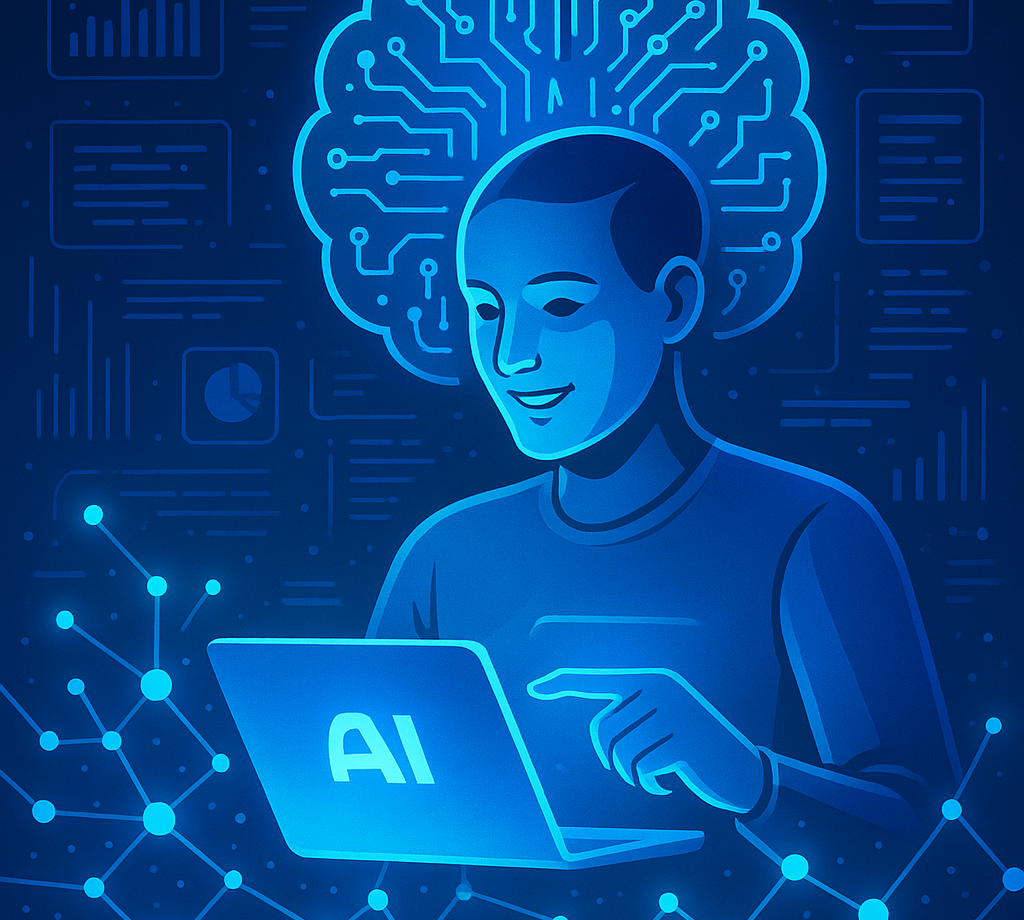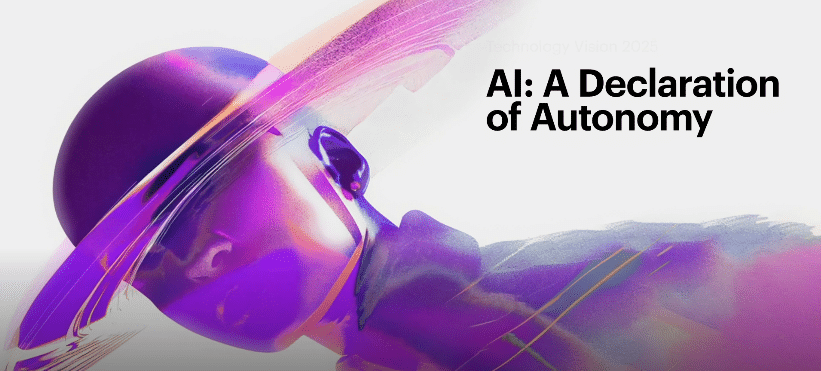As gen AI becomes central to enterprise tech, development costs plummet, new systems abound and digital agents gain autonomy—erasing applications as we know them.
Organisations are entering a generation-defining moment of transition: the Binary Big Bang. When foundation models cracked the natural language barrier, they kickstarted a shift in our technology systems: how we design them, use them and how they operate. They are pushing the limits of software and programming, multiplying companies’ digital output and vastly accelerating innovation. We are now at the precipice of more abundance, abstraction and autonomy in our technology systems than ever before, and the decisions enterprises make today will profoundly impact what they can achieve for the next decade.
Forward-thinking enterprises are already leveraging this transitional period to secure their future growth. The key is to look beyond immediate AI applications and grasp the deeper shift happening in the broader technology foundation. Take agents—they’re not just augmenting software but fundamentally altering its nature. We’re seeing AI features that allow users to interact with complex software through natural language alone, and coding co-pilots that are transforming developer efficiency.
As we navigate this transition, three pillars of tomorrow’s technology are starting to emerge: abundance, abstraction and autonomy. Abundance is driving down the cost and time of digital system creation. Abstraction is democratising technology, expanding who can use it and how. Autonomy promises a future of frictionless, intent-based systems, but also demands a radical new approach to system development and training.
The ongoing transformation in technology is upending conventional norms. It’s evolving some apps from toolboxes of features that users can access into platforms with agents that can use tools and features on people’s behalf. As these capabilities advance, it begs the question: do apps, the way they’re designed today, still make sense, or will end users go directly to agents in the future? The Binary Big Bang is rendering many of our fundamental assumptions about digital technology obsolete, offering a unique opportunity to reshape and revolutionise business competition.
Today’s technologies are not the endgame—they are how we are getting there. A technology future of abundance, abstraction and autonomy is what leaders need to be planning for.
48%
of executives say AI agents would improve flexibility of their digital architecture, while 43% cited enhanced innovation.
77%
of executives agree AI agents will reinvent how their organisation builds digital systems.
78%
of executives agree that digital ecosystems will need to be built for AI agents as much as for humans over the next 3-5 years.
How do you preserve trust?
To harness the power of autonomous systems responsibly, companies must implement robust monitoring and strategic training. This involves tracking systems’ data access, direction and output quality, while establishing clear governance and communication plans to build employee trust. Additionally, training these systems to make sound decisions through explainable processes, such as grounding agents with code and functions, is crucial. Businesses currently using agents should define feedback loops that reinforce desired outcomes, while those taking a slower approach should proactively map out these interactions to align future training with business objectives.




